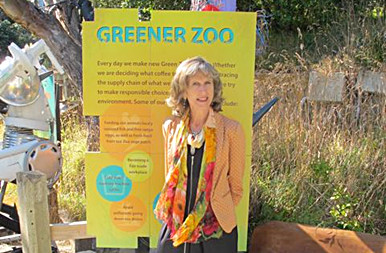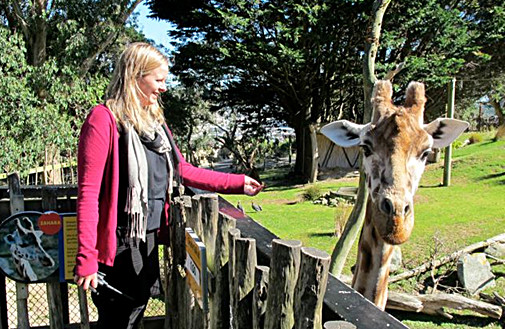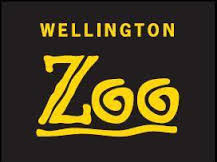Becoming the best little zoo
With the dream of becoming “the best little zoo in the world”, the Wellington Zoo Trust decided to strengthen its leadership and management capabilities. By focusing on its people and culture, the Zoo was starting to develop a team that offered every visitor a personal connection with nature.
Conservation and sustainability at its heart
 Wellington Zoo Trust is a not-for-profit Council-Controlled Organisation. With a dream to be the “best little zoo in the world”, this iconic Wellington visitor attraction has been in operation since 1906 and is currently home to approximately 500 animals, comprising over 100 species. Conservation and sustainability are at the heart of everything the organisation does and they aim to provide opportunities for individuals to find their personal connection with nature.
Wellington Zoo Trust is a not-for-profit Council-Controlled Organisation. With a dream to be the “best little zoo in the world”, this iconic Wellington visitor attraction has been in operation since 1906 and is currently home to approximately 500 animals, comprising over 100 species. Conservation and sustainability are at the heart of everything the organisation does and they aim to provide opportunities for individuals to find their personal connection with nature.
Strengthening management culture
 Many of the younger members of staff within the Zoo were technically skilled but lacked formal management training. To help achieve its dream the zoo decided to strengthen its leadership and management capabilities and invest in people to set managers up for future success. By making this a key theme in its People and Culture Strategy, they implemented a customised in-house management and leadership development programme. The programme, developed in partnership with Institute of Management New Zealand (IMNZ), spanned several months and covered a wide range of core topics such as communication, behavioural and leadership styles, and time management.
Many of the younger members of staff within the Zoo were technically skilled but lacked formal management training. To help achieve its dream the zoo decided to strengthen its leadership and management capabilities and invest in people to set managers up for future success. By making this a key theme in its People and Culture Strategy, they implemented a customised in-house management and leadership development programme. The programme, developed in partnership with Institute of Management New Zealand (IMNZ), spanned several months and covered a wide range of core topics such as communication, behavioural and leadership styles, and time management.
From cynicism to singing praises
The programme facilitators, Trish Lui (shown in the first photo above) and Phil Hartwick, introduced TetraMap to the organisation in order to bring many of the components of the programme together on a personal level. The organisers called it “refreshingly simple when compared to similar tools”. It also aligned perfectly with the zoo’s commitment to connecting people with nature.
Cynicism turned into praise amongst the initial group of managers who experienced TetraMap, and who have nothing but high ratings after the final course evaluation. The overall buzz from the team then spurred the Strategic Management Team to get in on the action. Based on the insights gained, the simplicity of the model, and its use of everyday language that anyone could relate to, the decision was made to roll TetraMap out to all staff at the zoo.
It has continued to be an invaluable resource as part of new staff induction. TetraMap was also introduced to the Board for its development sessions.
Discovery, invention, acculturation
The Wellington Zoo Trust narrowed down TetraMap’s large impact into three main principles to influence cultural change on its journey to becoming the best little zoo in the world:
- Invention – The four Elements of earth, air, water and fire have created new cultural elements which assist with creatively finding solutions to problems.
- Discovery – TetraMap provides a solid framework for recognising, exploring, and providing a better understanding of what already exists.
- Acculturation – TetraMap provides an excellent framework to create an exchange of cultural features through providing opportunities for direct and meaningful contact between groups at all levels of the organisation.
Rewarding outcomes
TetraMap provided a framework and shared understanding that could be effectively used by all levels of Zoo staff. It provided staff with greater insight and appreciation into how their managers and colleagues have different areas of strength and preferred working styles. As a result, staff were better equipped to modify their approach/communication style with others, leading to greater engagement, collaboration and more effective outcomes.
